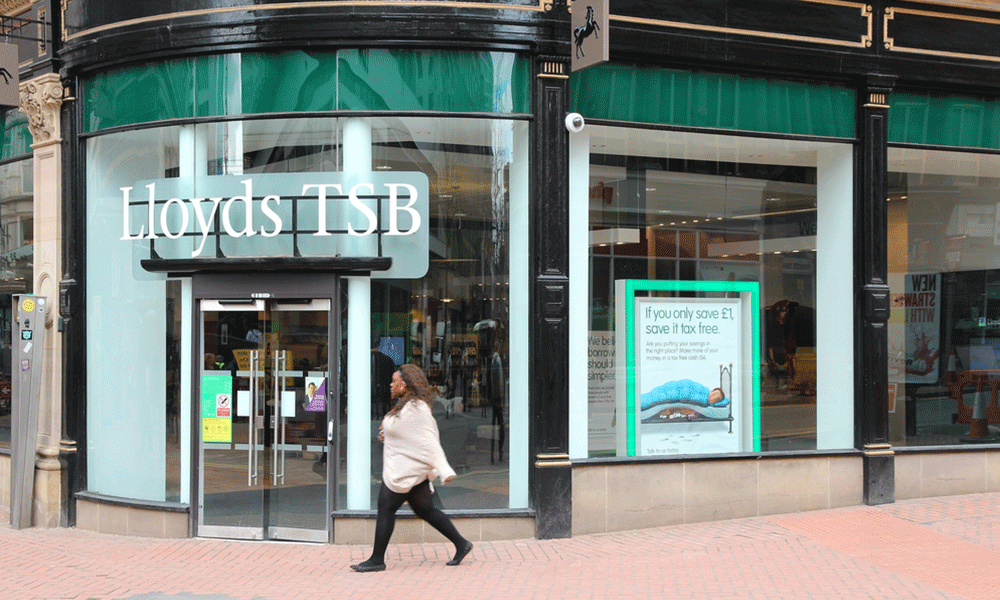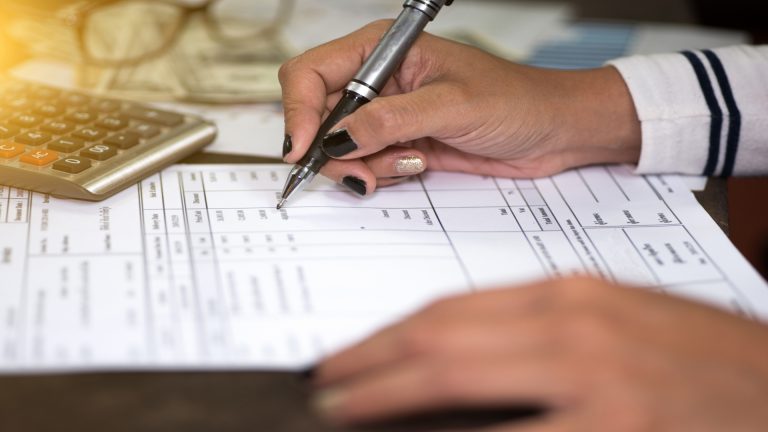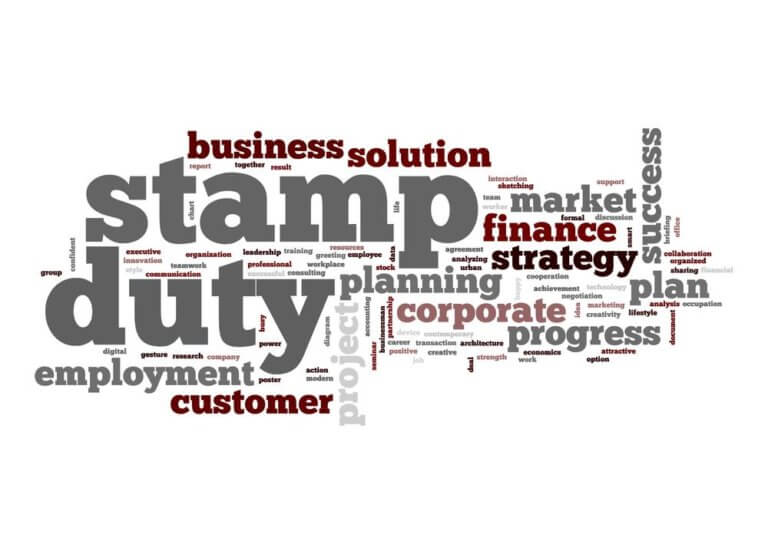Lloyds Bank
Shares in Lloyds Banking Group, which were previously owned by the UK Government, are being sold off under pre-election plans to recoup the taxpayer money used to bail out the ailing financial institution during the 2007 to 2009 financial crisis. The price of the shares has dropped to 86.66 pence at the time of writing, which is a reduction of 0.47%, according to the FTSE 500.
UK Financial Investments Limited, which is responsible for the Government’s shares in the bank, announced in a statement issued on June 1st that they were due to allow Morgan Stanley, the agent used to sell the shares, to continue selling them, stating that “the Trading Plan will now terminate no later than 31 December 2015”. The statement also indicated that provision was being made for the for the recouping of money paid for the shares, saying “as with all disposals, delivering value for money for the taxpayer is a key consideration and shares will not be sold below the average price per share paid for them.”
This coincided with a statement from George Osbourne who has been vocal in his desire to privatise the taxpayer-funded banks since coming into power with the collation Government, and who claimed on the 1st June: “This means we have now recovered over £10.5bn in total, more than half of the taxpayers’ money put into Lloyds, and we now own under 19% of the bank”.
The UK Government purchased 43% of the shares in Lloyds Banking Group during the financial crisis. The Government said of UK Financial Investments Limited: “UKFI was set up on 3 November 2008 to manage the UK Government’s investments in banks subscribing to its recapitalisation funds. Its overarching objective is to protect and create value for the taxpayer as shareholder, with due regard to financial stability and promotion of competition.”
























